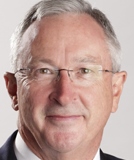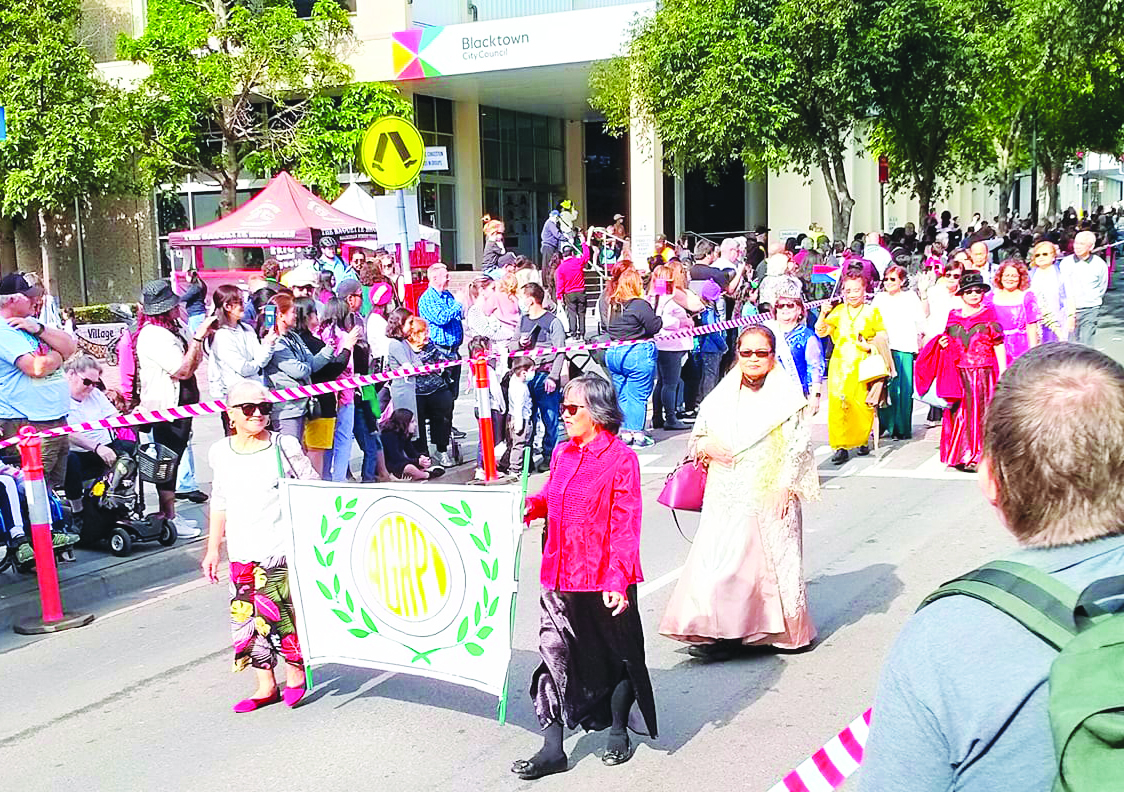Researchers working on cures for some of the most aggressive and prevalent cancers affecting both children and adults will benefit from $11.6 million boost in funding from the NSW Government.
Minister for Health and Medical Research Brad Hazzard said the funding for cancer research will include more than $4 million to investigate new treatments for cancers with poor survival rates such as pancreatic, lung, and ovarian cancers.
“While NSW has some of the best cancer outcomes in the world, there is still much to be done to improve cancer survival rates,” Mr Hazzard said. “These grants are a vital investment to help researchers discover treatment options for these cancers.”
The funding includes 12 early career fellowships and six career development fellowships, as well as a translational program grant.
Three grants totaling almost $1.3 million have been awarded to researchers from Children’s Cancer Institute at the University of NSW who are investigating new treatments for neuroblastoma, a cancer that occurs most commonly in children under five and accounts for one in six childhood cancer deaths.
“Leukemia and neuroblastoma are the most common cancers among Australian children and these diagnoses have an enormous impact on these young children and their families,” said Chief Cancer Officer and CEO of the Cancer Institute NSW, Professor David Currow.
“For those in high-risk groups, survival rates remain low. Investment into new treatments for these and other cancers with lower survival rates is crucial to reducing the impact of cancer among our community.”
An additional $1.3 million has gone to three researchers working on treatments for leukemia. Two of these target acute myeloid leukemia, which has a five-year survival rate of 24 per cent.
Fellowships have also been awarded to researchers working on cures for pancreatic, ovarian, colorectal and lung cancers, as well as metastatic melanoma.
In addition to the 18 fellowships awarded, Professor Roger Reddel has received a translational program grant of $3.75 million for his work at the ACRF International Centre for the Proteome of Human Cancer (ProCan™), part of US Vice President Joe Biden’s Cancer Moonshot initiative.









Leave a Reply